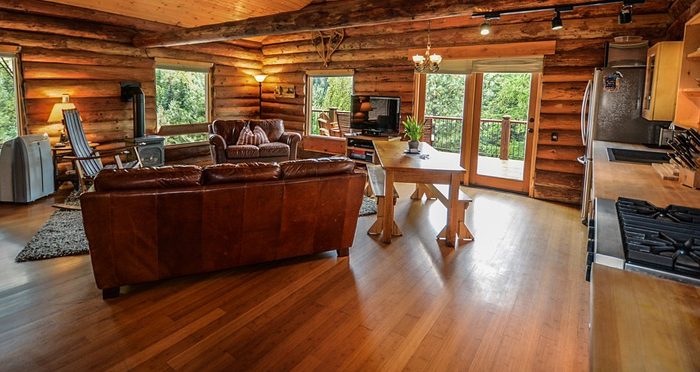The dream of a vacation home can be compelling because of what it may represent to your family. In your mind, it has the potential to be a special place where deep bonds are forged, long- lasting memories are made and promises for the future are kept.
If you want to purchase a vacation home (or if you already own one), you can ensure the reality of it lives up to your expectations by addressing two key issues: financial considerations and family dynamics. Heeding simple financial wisdom may be a practical way to manage these potential issues and help you fully enjoy your vacation home.
Take a holistic approach to your financial goals
If owning a vacation home is important to you, following a goals-based planning process can help identify and prioritize your financial goals. This includes looking at your overall financial picture to see how different goals and variables may affect your ability to live the life you envision.
Learnings can be used to make well-informed decisions about funding your family vacation home. As a result, you gain clarity about your current financial well-being and confidence about your future financial security.
When taking a holistic approach to wealth management such as this, there may be times when credit is a practical source of funds for the dreams that are affordable to you. Borrowing money using securities as loan collateral instead of selling assets may offer a smart, yet untapped source of opportunity. It can help you gain the liquidity you need while keeping your long-term investment strategy in place. You may also enjoy competitive interest rates and the flexibility to pay down the balance when you choose.
Of course, you have other ways to borrow, save and invest for your vacation home. You will want to review all possibilities carefully to ensure you are making the right choice.
Run your vacation home like a business
Vacation homes can provide many wonderful family memories, but they also create the potential for conflict. Quarrels may arise over financial obligations, responsibility for damage caused to the home and even about who gets to use the home during the best time of the year.
To prevent these disputes from undermining family cohesion, you might want to treat the property as you would a family-owned business.
For starters, you could create a governance board. This gives family members a forum for making decisions about running the home, such as how to handle maintenance and larger improvements. The board can also address nonfinancial issues, such as determining who can use the vacation home at any specific time.
You may also want to prepare for what will happen to the home after you are gone. As part of your long-term plan for your vacation home, you may want to place it in a trust and create an endowment to pay for the property in perpetuity.
As far as your cabin, cottage, chateau or castle goes, there may indeed be wisdom in taking a holistic approach to your financial goals and running your vacation home like a business — because it may help your vacation home be everything it is truly meant to be.
This article is provided by RBC Wealth Management on behalf of Pamela J. Carty, a financial advisor at RBC Wealth Management, and may not be exclusive to this publication. The information included in this article is not intended to be used as the primary basis for making investment decisions. RBC Wealth Management does not endorse this organization or publication. Consult your investment professional for additional information and guidance.
RBC Wealth Management, a division of RBC Capital Markets, LLC, Member NYSE/FINRA/SIPC




